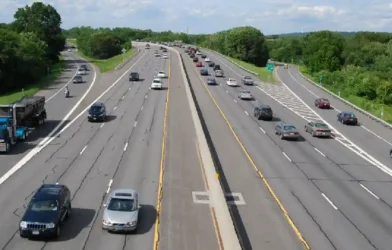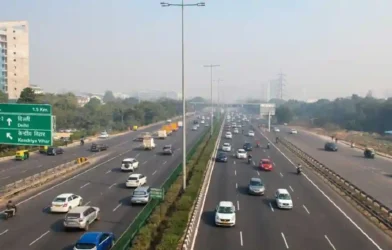Subtotal ₹0.00
The Delhi Development Authority (DDA) will soon launch a comprehensive survey across all zones under its Land Pooling Policy to assess land availability for housing and infrastructure projects. The exercise, covering key zones such as N, P-II, K-I and L, aims to fast-track planning and unlock stalled development in Delhi’s designated urban expansion areas.
Officials said the survey will include GIS-based mapping, verification of ownership and encroachments, and preparation of a district-wise inventory of usable land to facilitate time-bound project execution, according to a report by The Hindustan Times.
“This survey will give us a clear picture of what land is immediately available and what is locked in legal or procedural complications. The objective is to prepare a district-wise inventory of usable plots so that projects like affordable housing, green infrastructure and public utilities can be rolled out in a time-bound manner,” said a DDA official, requesting anonymity.
According to the tender document, the DDA will hire technical consultants to carry out GIS-based mapping, physical verification, and reconciliation with land records. The study will cover all notified pooling sectors, as well as areas where landowners have submitted declarations under the policy.
Launched in 2018, the Land Pooling Policy was designed to replace compulsory acquisition with voluntary land contribution, wherein landowners’ pool holdings that are reconstituted into a planned layout. A portion of the developed land is returned to owners, while the rest is used for public infrastructure such as roads, housing and utilities.
The scheme spans 95 villages across multiple planning zones and has the potential to create over 17 lakh housing units and accommodate nearly 76 lakh residents. However, progress has been slow due to delayed approvals, infrastructure gaps, and poor coordination between DDA, revenue departments and private stakeholders, officials said.
“The land pooling policy was meant to unlock land for Delhi’s growth, but several bottlenecks have prevented large-scale rollouts. This survey will help us take stock of what’s working and what needs intervention,” the official cited above added.














